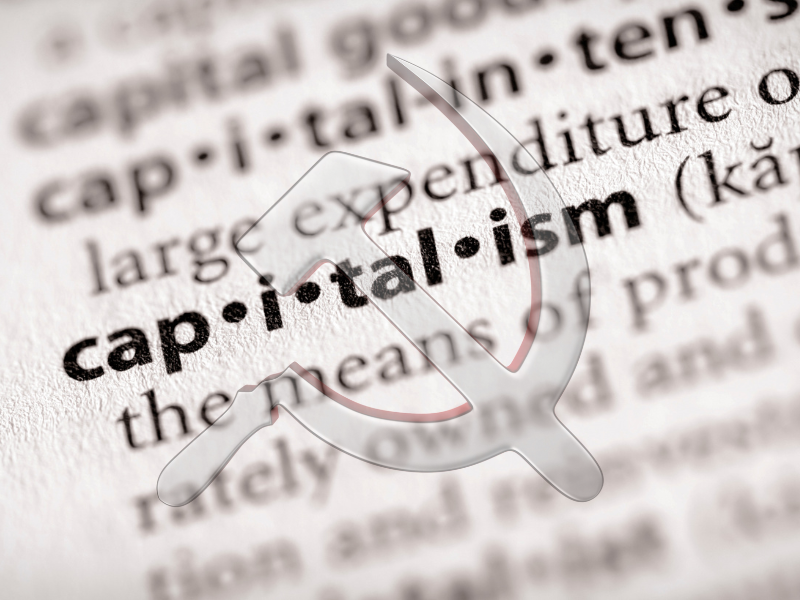The American Medical Association has voted to recommend taxes on sugar-sweetened sodas be used to combat obesity.
But the policy statement adopted by the AMA’s House of Delegates did not recommend outright support for taxing sugar-sweetened beverages.
The action came at the AMA’s annual meeting in late June in Chicago. Supporters say such taxes, if applied properly, would help people reduce their intake of sugar-sweetened beverages and improve public health. Opponents contend similar measures have been tried and failed to work.
‘Unlikely to Impact Obesity’
A report from the AMA’s Council on Science and Public Health suggested a penny-per-ounce tax on all sugar-sweetened drinks would lower obesity rates by 5 percent and save $17 billion in medical costs over 10 years. But the same report also acknowledged taxes on sugar-sweetened beverages alone are “unlikely to significantly impact the prevalence of obesity and other adverse outcomes.”
“While there is no silver bullet that will alone reverse the meteoric rise of obesity, there are many things we can do to fight this epidemic and improve the health of our nation,” said AMA board member Alexander Ding, M.D.
If revenue from those taxes is directed toward obesity-education programs, more benefit could ensue.
“Where taxes are implemented on sugar-sweetened beverages, using revenue for anti-obesity programs and educational campaigns explaining the adverse effects of excessive consumption of these beverages will help to reduce the consumption of these caloric beverages and improve public health,” said Dr. Ding.
Lack of Trust
The American Beverage Association, a trade association representing the nation’s non-alcoholic beverage industry, sympathized with the AMA’s premise but disagreed with making taxes the solution to the problem.
“The intention of the American Medical Association to seek ways to help reduce overweight and obesity in America is an admirable goal that our industry fully supports. However, funding anti-obesity programs through discriminatory taxes on sugar-sweetened beverages is misguided,” said the ABA in a statement.
In addition, the ABA argues committing the revenue from soda taxes to obesity-related programs will not make the policy any more effective in alleviating obesity.
The ABA says history “shows that revenues from existing soda taxes are not being used to improve public health,” and “Americans can’t trust that new taxes would be used any differently.”
Coca-Cola, the world’s largest beverage company, has defended its products against being singled out on similar measures.
“Calories from sugar-sweetened beverages are a small fraction of the American diet — on average, approximately 7 percent. Between 1999-2008, obesity rates continued to rise while Americans’ added-sugar consumption from soda decreased by 39 percent,” said Coca-Cola in a company statement.
Taylor Smith ([email protected]) is a policy analyst at The Heartland Institute.



